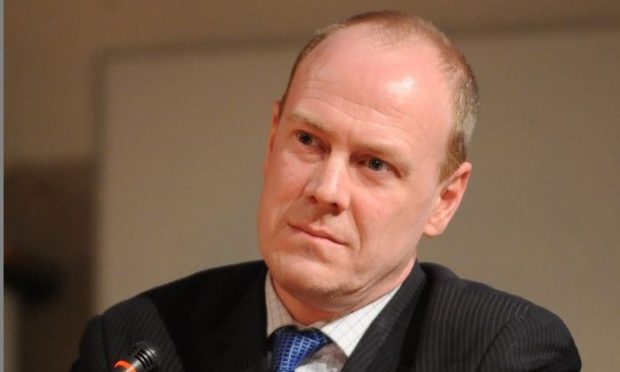A city MSP has called on the Department of Work and Pensions (DWP) to reverse a raft of “discriminatory measures” facing blind and deaf people in the north-east.
Kevin Stewart has written to the DWP after Aberdeen charity North East Sensory Services (NESS) alerted him to issues facing vulnerable people when trying to seek Universal Credit support.
The DWP currently employs what have been described as “problematic” practices, such as advising people without home internet access to use public libraries, despite the serious security risks which blind people or sign language users face in inputting personal and financial details in a public setting.
The Aberdeen Central MSP said sign language users face costly and often delayed interpreter services provided by the DWP, with many hearing-impaired people feeling forced to pay for their own interpreter.
Mr Stewart claimed this raised questions as to whether the DWP is in breach of the Equality Act of 2010.
He said: “I think many people will be absolutely stunned to learn that the DWP may be advising people with hearing difficulties to book sign language interpreters over the phone, and that blind people are being recommended to use public libraries to input personal financial information.
“This is the kind of monstrous indignity I have come to expect from the government.
“Applying for Universal Credit is a painful experience for many people and some of the DWP practices outlined to me by charities show nothing less than humiliation being inflicted on people simply for seeking the help they are more than entitled to receive.
“I have written to the Secretary of State, Amber Rudd, calling on her to address her department’s frankly ridiculous approach to people living with sensory loss.”
A spokeswoman for the DWP said: “We are committed to providing personalised support for all claimants including vulnerable groups, and where needed, making reasonable adjustments allowing them to access our services and information.
“Universal Credit has been designed with accessibility in mind and we can communicate with customers in a variety of different formats such as Braille, audio, large print, or by arranging for a member of staff to visit the customer in their home.”
